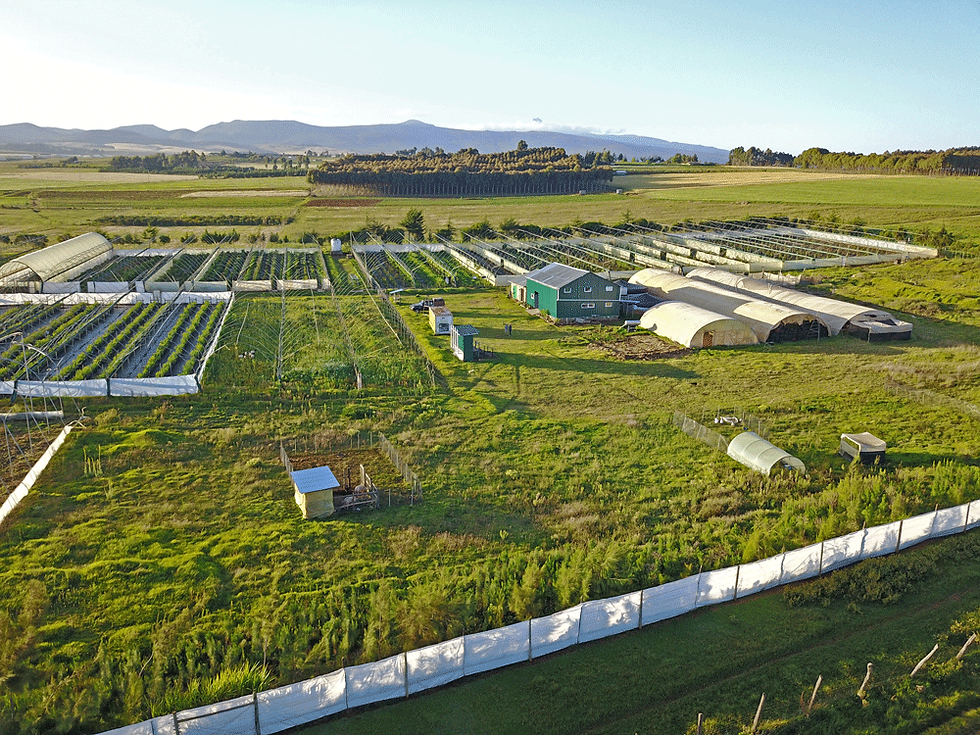Toxic business | Pesticides in Kenya: What’s at stake?
- Tamalu
- Apr 16, 2020
- 2 min read
Agriculture accounts for approximately 24% of Kenya’s GDP with an estimated 75% of the population working in the sector either directly or indirectly. As an agricultural economy and while promoting mainly conventional agriculture, Kenya’s demand for pesticides is relatively high and steadily increasing. In 2018 Kenya imported 17,803 tonnes valued at 128 Mill $. These pesticides are an assortment of insecticides, fungicides, herbicides, fumigants, rodenticides, growth regulators, defoliators, proteins, surfactants and wetting agents. Of the total pesticide imports, insecticides, fungicides and herbicides account for about 87% in terms of volume and 88% of the total cost of pesticide imports.
In a 4 year period (2015 - 2018) the volume of imported insecticides, herbicides and fungicides has more than doubled from 6,400 tonnes to 15,600 tonnes with a growth rate of 144%.
The increase in pesticide use requires necessary safe guards to control how they are applied, which will be challenging to fulfil in country as detailed in this illuminating white paper.
In Kenya there is no data available concerning the use of pesticides or the concentration of pesticides in water, soil and food and the related impacts. Most of the research focuses on the persistent organic pollutants, such as DDT, lindane and endosulfan, which are rarely used anymore (Abong’o et al., 2018). On an irregular basis, Kenyan Plant Health Inspectorate Service (KEPHIS) takes food samples, initiated and funded by the EU (EC, 2013), but the actual levels of pesticides are not made available to the public. Additionally, no regular monitoring system is in place. Epidemiological health studies related to pesticide exposure in Kenya, do not exist. This means it is not definitively known if we are facing an impact of pesticides on our environment and our health.
Kenyan consumers and farmers are not aware about the extent of pesticide use, their concentrations in food and environment and their possible effects on the environment and ecosystem services.
A few months ago some members of the Tamalu team were featured in a 3 part documentary titled "The Food Challenge" in Nairobi.
Using these documentaries together with the White Paper released by the film makers we are running a nationwide campaign against the use of harmful chemical pesticides in Kenya.
You can see the documentaries online here:
English - https://routetofood.org/toxicbusiness/













Comments